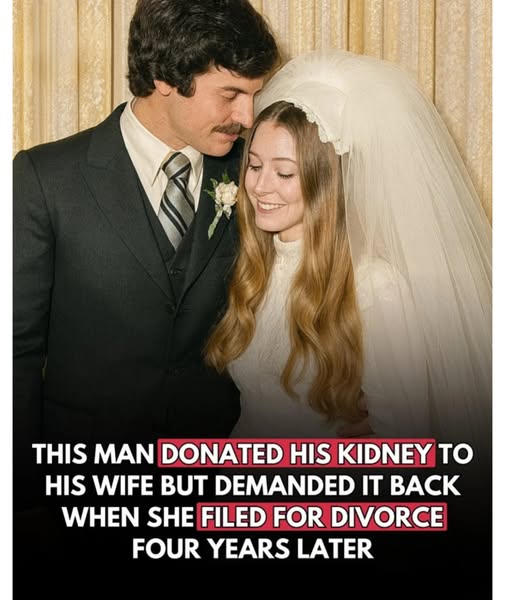The Kidney Gift: Love, Loss, and Ethical Questions

When I first heard this story, I felt shocked and confused. Donating a kidney to save someone’s life is one of the greatest acts of love. It means giving a part of yourself with no expectation of getting anything back. So, to hear that the man later demanded his kidney back after a divorce was hard to understand—it felt like a betrayal of that love.

This story made me think about how complicated relationships can become when love turns into bitterness. It’s painful to imagine how something that started as a selfless gift could end in such a harsh demand. Yet, it also made me wonder about the feelings of the man—maybe he felt hurt and wanted justice in his own way, even if it wasn’t right.

I was relieved to learn that medical and legal experts say organ donations cannot be taken back. This rule protects both donors and recipients and reminds us that some sacrifices are too sacred to be undone. The kidney is not a possession; it’s a life-saving gift that can’t be returned or bought.

In the end, this story left me with a difficult question: Can a gift truly remain unconditional when feelings change? I believe some sacrifices, especially those involving life and health, should always be honored and respected. Love may change, but certain acts of kindness should remain sacred forever.










